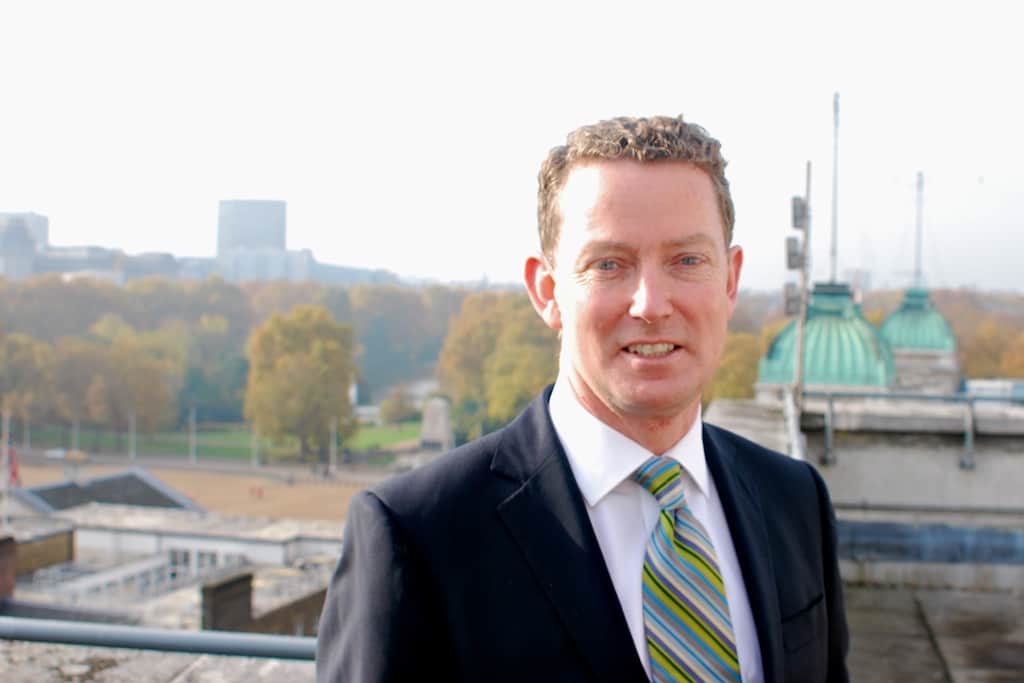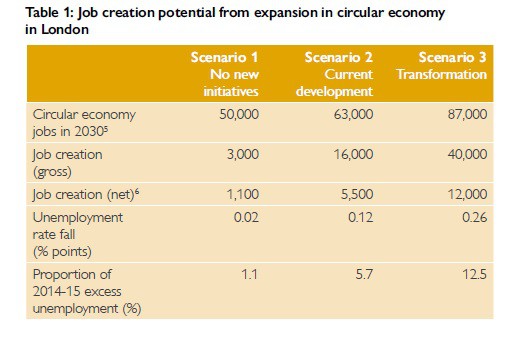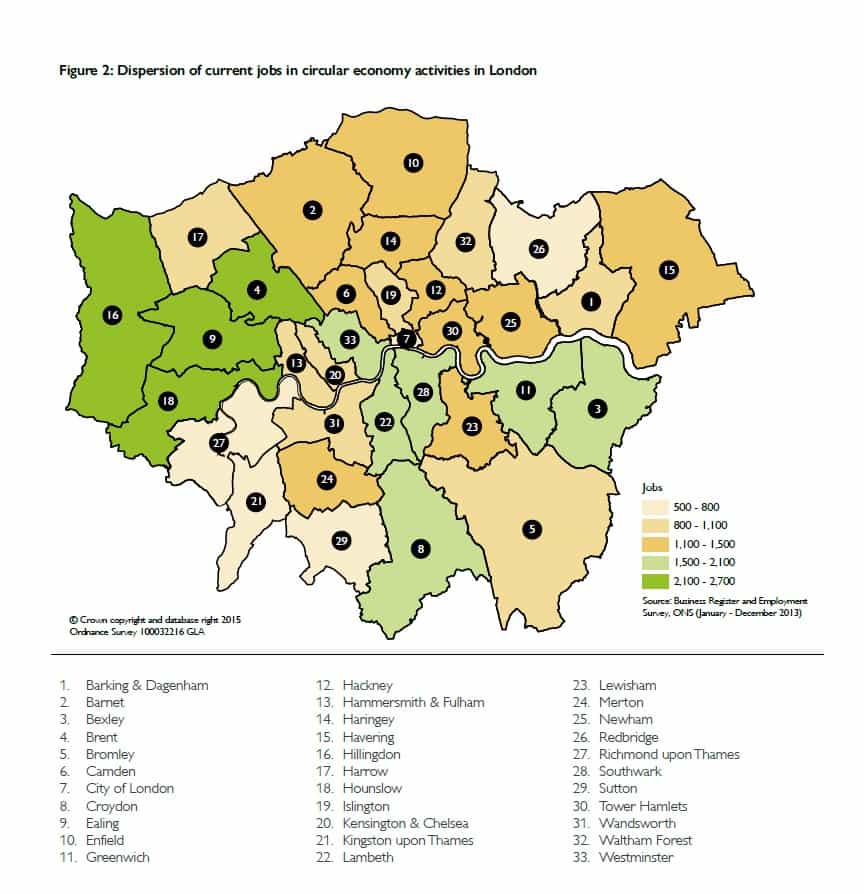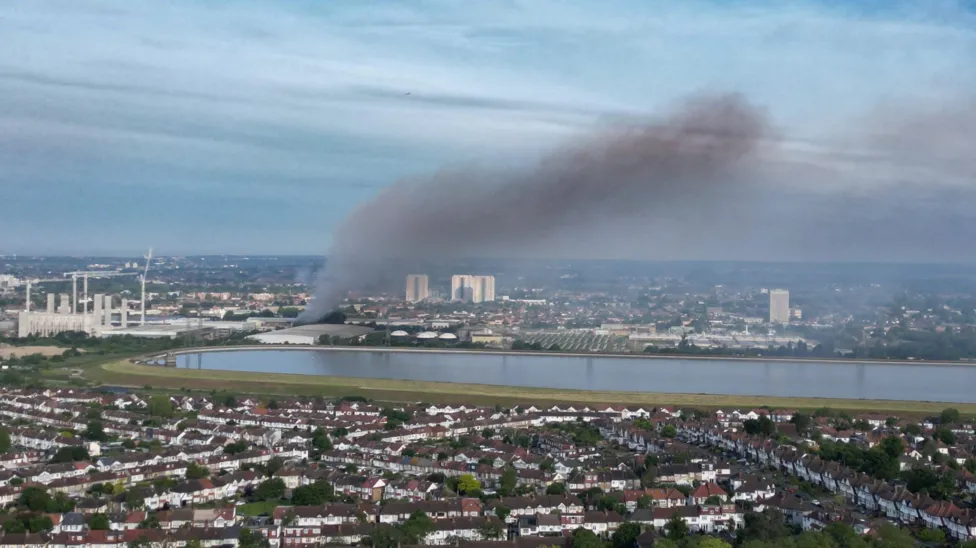
The ‘Employment and the Circular Economy’ report argues that businesses involved in reuse, repair, remanufacturing and rental require more labour to create economic value, especially among low to mid-skilled occupations where future job losses in London are expected.
The report was produced by WRAP for the London Sustainable Development Commission (LSDC) –established in 2002 by the Mayor of London to advise on sustainable growth in the capital – as well as the London Waste and Recycling Board (LWARB) and the Greater London Authority (GLA).
It builds on a previous report by WRAP and Green Alliance which outlined three potential scenarios for development of the UK circular economy: no new initiatives; the current level of development; and expansion of development.
Jobs
The report estimates that during the period from April 2014 to March 2015 there were on average 4,259,600 people in employment in London and 308,100 unemployed people, while there are currently around 46,700 people involved in circular economy activities in London.
However, under the ‘expansion’ scenario, WRAP estimates the creation of a further 40,000 circular economy jobs by 2030 and reduction of net unemployment in London by around 12,000 jobs.

The transition towards a more circular economy therefore “has the potential to make a real contribution to mainstream employment in the capital”, it states.
Chair of LSDC and former DECC minister, Lord Barker, said the report was a “wake-up call to set a course to a smarter future” for London, which could be a “global leader in the technologies and systems required to be at the forefront of this revolution”.
He said: “There are many, many more opportunities for businesses in the capital to take advantage of the circular economy, but business and government need to come together and take action to stimulate and accelerate.”
LWARB route map

To take forward the findings of the report, LWARB will lead the development of a route-map to “accelerate London’s transition to a more circular economy” for publication in spring 2016.
LWARB chief operating officer, Wayne Hubbard, said: “We estimate that, in addition to creating thousands of new jobs for Londoners, a circular economy in London could be worth at least £7 billion every year by 2036 in the built environment, food, textiles, electricals and plastics sectors alone.
“In early 2016 LWARB will be approaching businesses and organisations working in these ‘focus areas’ to identify how we can collaborate to accelerate London’s transition to a more circular economy, and realise these huge benefits.”
London Mayor
The Mayor of London, Boris Johnson MP, has also asked the wider GLA group to review its procurement policies in line with circular economy principles “to help stimulate more circular economy solutions in the capital”.
A forward in the report written by the Mayor states that “waste and materials, traditionally seen to be rather a dull topic, are poised for radical transformation in the capital”.
He adds: “The principles of the so-called ‘circular economy’ have become better defined, and have captured the imagination of policy makers, businesses and entrepreneurs alike. It’s now apparent that accelerating it could drive great benefits for the capital – increased profitability and competitiveness for business, cost savings on the city’s significant waste management bills, reduced environmental impacts, and better self-sufficiency at a time of uncertain commodity markets.”







Subscribe for free